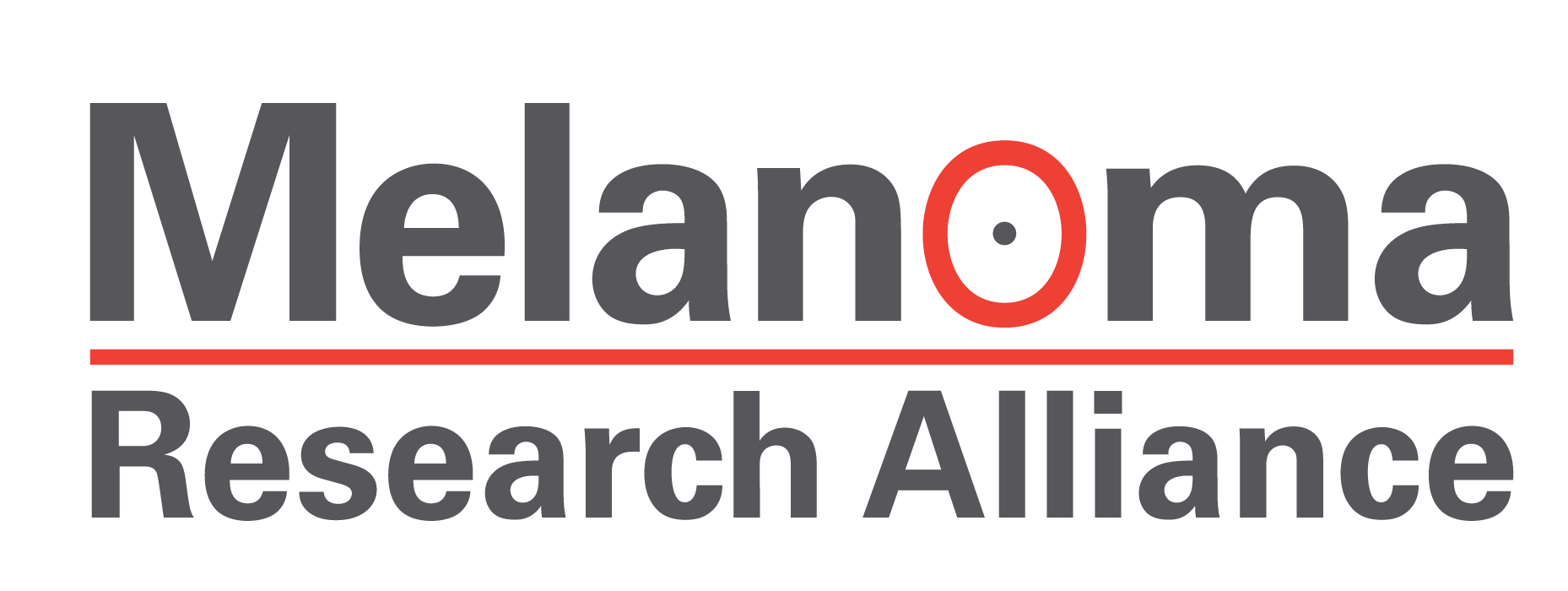- About Us
- Advertise / Support
- Editorial Board
- Contact Us
- CancerNetwork.com
- TargetedOnc.com
- OncLive.com
- OncNursingNews.com
- Terms & Conditions
- Privacy
- Do Not Sell My Information
- Washington My Health My Data
© 2025 MJH Life Sciences™ and CURE - Oncology & Cancer News for Patients & Caregivers. All rights reserved.
FDA Approves Opdivo for Post-Surgical Stage 2B or 2C Melanoma

Brielle Benyon, Assistant Managing Editor for CURE®, has been with MJH Life Sciences since 2016. She has served as an editor on both CURE and its sister publication, Oncology Nursing News. Brielle is a graduate from The College of New Jersey. Outside of work, she enjoys spending time with family and friends, CrossFit and wishing she had the grace and confidence of her toddler-aged daughter.

Darlene Dobkowski, Managing Editor for CURE® magazine, has been with the team since October 2020 and has covered health care in other specialties before joining MJH Life Sciences. She graduated from Emerson College with a Master’s degree in print and multimedia journalism. In her free time, she enjoys buying stuff she doesn’t need from flea markets, taking her dog everywhere and scoffing at decaf.
The FDA approved Opdivo for the treatment of patients aged 12 years and older with stage 2B or 2C melanoma that has been surgically removed
The Food and Drug Administration (FDA) approved single-agent Opdivo (nivolumab) for the adjuvant treatment of patients aged 12 years and older with stage 2B or 2C melanoma that has been completely resected (surgically removed).
This FDA approval is an expansion upon the existing indication for Opdivo for patients with melanoma, according to a press release from Bristol Myers Squibb, the manufacturer of Opdivo.
Stage 2B/2C melanoma tends to have a high chance of coming back (recurrence) after being treated, and one expert said that this approval may help prevent recurrence and the need for more treatments down the line.
“These patients have a high risk of recurrence. Instead of waiting for disease to recur, approval of (Opdivo) offers this patient population treatment before that happens and can even decrease this risk of recurrence. Treatment now may prevent needing treatment in the future,” Dr. Melissa Wilson, Melanoma Program Director at St. Luke’s University Health Network, said in an interview with CURE.
The FDA approval was based on findings from the randomized phase 3 CheckMate-76K clinical trial, which showed that Opdivo led to an improved relapse-free survival (time after treatment when a patient lives without experiencing disease relapse) compared with placebo. Specifically, treatment with Opdivo, compared with placebo, reduced the risk for recurrence, new primary melanoma or death by 58% in patients with completely resected stage 2B or 2C melanoma.
At one year, the recurrence-free survival rates in patients treated with Opdivo were 93% in those with stage 2B disease compared with 84% in those treated with placebo. These rates were 84% versus 72% in patients with stage 2C disease, respectively.
“Following surgical removal of melanoma, patients may believe they are free of disease,” Dr. John M. Kirkwood, Distinguished Professor of Medicine at the University of Pittsburgh School of Medicine and co-director of the melanoma center at UPMC Hillman Cancer Center, said in the release. “However, within five years of diagnosis, one-third of patients with surgically resected stage 2B and nearly one-half of patients with surgically resected 2C melanoma see their cancer return, underscoring the need for additional treatment options that may help reduce the risk of cancer coming back. The significant recurrence-free survival improvement observed with (Opdivo) in CheckMate-76K is an important step forward for these patients.”
Opdivo is an immunotherapy drug that works by activating the body’s immune system to find and fight cancer cells. In doing so, the immunotherapy drug can also cause immune-related side effects that patients should look out for.
“Because this medication activates the immune system, patients need to watch for immune mediated side effects which can affect anything from head to toe. Commonly, we see rash, itching skin, hypothyroidism, diarrhea, liver toxicity, kidney issues, but certainly not limited to these. We monitor for any changes that are different in a patient with further workup,” Wilson explained.
The most common side effects observed in the CheckMate-76K trial, which occurred in at least 20% of patients, included musculoskeletal pain, fatigue, diarrhea, rash and pruritis (itching), according to the announcement from the FDA.
While immunotherapy has become more popular in the treatment of cancers such as melanoma, there is still more work that needs to be done, Wilson emphasized.
“We are seeing increased use of combination treatments in more advanced stage melanomas. Further research with these treatment combinations in this population is needed to determine if we could further reduce the risk of melanoma recurrence in these patients.”
For more news on cancer updates, research and education, don’t forget to subscribe to CURE®’s newsletters here.
Related Content:




